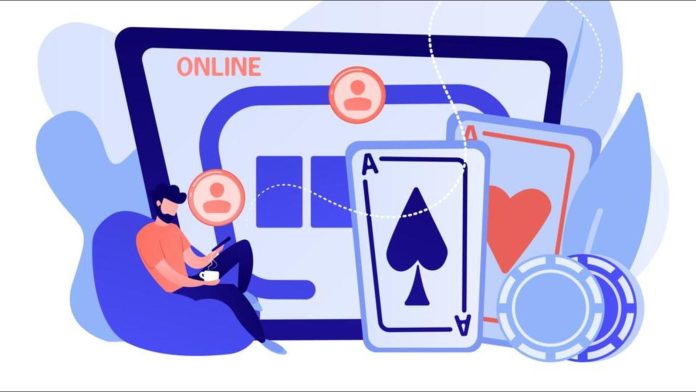Published on: Aug 23, 2025 06:48 am IST
India’s Online Gaming Bill criminalizes small bets by the poor while protecting elite financial markets, stifling hope and opportunities for the disadvantaged.
India’s parliament just told its poor that their dreams are illegal. Amid much sound and fury, lawmakers passed the Online Gaming Bill. The ruling benches claimed they were “protecting” citizens from the evils of fantasy sports and online poker; the opposition cried foul. But none asked the most obvious question: Protect whom? The answer is not about welfare or morality. It is about privilege.

This law is not about stopping addiction, it’s about preserving hierarchy. It criminalises a rickshaw driver’s ₹50 bet on his cricket knowledge. But it celebrates the stock market casino where futures and options strip small investors of their savings with mathematical precision. Over 90% of retail traders lose money in derivatives but that is excused as the price of “market participation.” Contrast this with a poor man risking ₹50 on Virat Kohli or Shubman Gill, for which he will now be penalised.
A Mumbai-based market researcher put it bluntly: “The mathematical brutality of derivatives makes gaming look like child’s play.” If addiction is the concern, why not ban derivatives? If financial ruin is the concern, why not ban tobacco and alcohol, both proven killers? And if “skill” is the justification, why outlaw fantasy cricket when the Courts have ruled it a game of skill?
Industry insiders are seething. Fantasy gaming platforms generated over ₹1.8 billion in revenue and contributed significant GST. They plastered their logos across Team India’s jerseys with the state’s blessing. As one executive from a fantasy gaming company told me, “The same government that cashed our sponsorship cheques now says we are criminals.”
Strip away the rhetoric, and the logic becomes clear. Futures and options are the domain of the urban, educated elite—the class that writes regulations and sets policy narratives. Fantasy gaming was different. It democratized speculation. It allowed a security guard in Indore or a delivery rider in Bengaluru to compete using nothing more than cricket knowledge gained from late-night TV.
Take the case of Yugank, a 42-year-old Swiggy rider from Indore, profiled recently in The India Notes. He earns ₹20,000–25,000 a month while servicing debts that run higher. He buys groceries on credit, even milk. Yet every day he spends ₹100–200 on Dream11. To financial advisers, that looks reckless. To those who understand desperation, it looks rational: when you live hand-to-mouth, slow compounding returns are useless. A public policy practitioner who shuttles between Bengaluru and New Delhi put it more starkly: “The real question is whether we still want the state to nanny us, or whether it is time to limit its role. A lottery is a rational move for the poor. Slow compounding returns don’t work when you live hand to mouth.
Lotteries occupy a peculiar moral category in India, he adds. “They are seen as inherently exploitative, especially when targeted at the poor.
Which is why even under GST, lotteries are taxed at 28% and not 18%. Politicians see banning gaming as a chance to do good. They feel it is self-evidently right. They will never pause to ask about consequences, because how can you not do everything to stop child sexual abuse material—or poor people being looted?”
That is what Parliament criminalised: not gaming, but hope. The wealthy have multiple routes to multiply money—property, business, equities, networks, inheritance. The poor had exactly one: small asymmetric bets on knowledge they already possessed. That path has now been blocked, replaced with bureaucratic schemes and the patronising advice to “invest systematically” with money they do not have.
Meanwhile, the dangers do not disappear. Former gaming executives warn the ban will simply drive activity underground, to betting circles with no oversight and higher risk. The poor will continue to gamble, not because they are foolish, but because they are rational in their desperation.
That is why this Bill feels less like social welfare and more like class warfare. It is legislation designed to ensure that outsiders remain outside, that the casino doors remain open only to those who can pay the entry fee. The tragedy is not only the 32 gaming-related suicides cited in Parliament, tragic as they are. It is the millions of Indians who’s only shot at breaking free from generational poverty has just been outlawed. The house always wins. But now, the house gets to decide who is even allowed to sit at the table.
